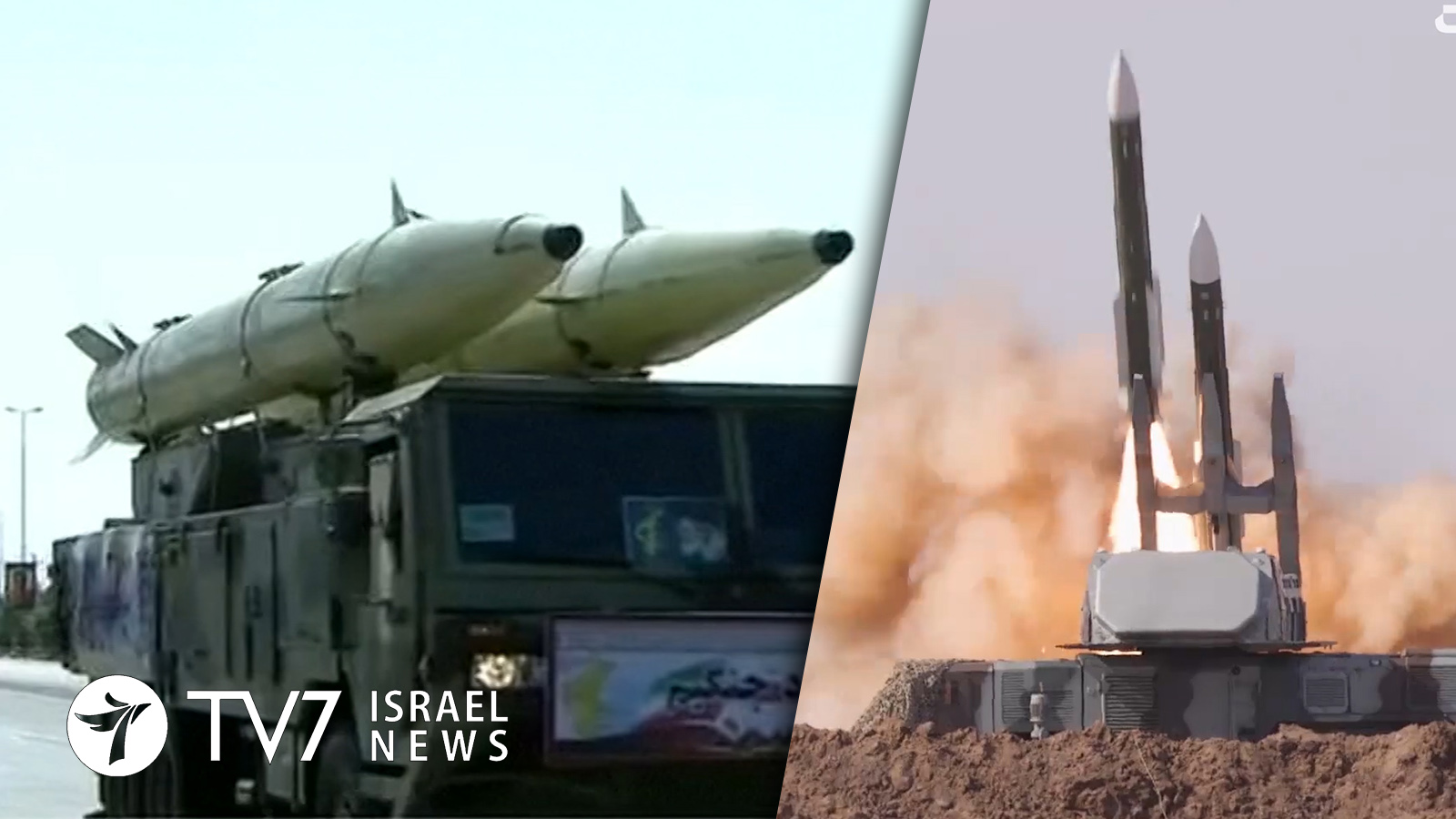The Middle East Institute in Washington D.C. held a special video conference with General Kenneth McKenzie Junior, who is the Commander of the United States Central Command (CENTCOM), which is in charge of the U.S. military’s Area of Operations (AOR) in Central Asia, the Middle East and North Africa.
During a broadcasted Q&A session, General McKenzie highlighted that the U.S. military stressed, “The greatest threat to stability and security in the region (Mideast) is Iran. Their funding of terrorism and terrorist organizations, their propping up the murderous Assad regime, providing advance weapons to Houthis in Yemen, their direct attack on international oil tankers in the strait of Hormuz, refineries in Saudi Arabia and U.S. troops in Iraq. Iran actively stokes instability and is intent on degrading security all over the region, ultimately for their own hegemonic purposes.
Over time, the regime in Iran has taken a great portion of the country’s wealth and prosperity and repeatedly invested it in instruments of instability and proxies, and they use violence, both state violence and proxy violence to push other nations, other regimes in the area, in the direction of their agenda.”
Gen. McKenzie further noted that while the U.S. Central Command’s goal is to deter Iran from taking actions, it is not directly involved in the Trump Administration’s so-called “Maximum Pressure Campaign.”
Alongside the threat of the Islamic Republic, Gen. McKenzie highlighted that efforts to contain the Sunni-Muslim terror organizations, including the Islamic State and Al-Qaeda, who retain the aspiration to attack the United States and its allies around the world.
“We are beginning to see a resurgence, if you will, of great power competition in the Central Command AOR as China and Russia begin to find weaknesses and begin to move into it, in Central Command, in central Asian states and central Gulf region. In fact, all of Central Command is becoming a newly active area of engagement between us and other great powers as we compete on the global stage,” he said.
After referring to the region as a “Wild West” of competing global powers, the American military chief underscored that while Beijing has entered the Mideast principally economically, its strategic interests will ultimately draw China into the region in other capacities, including militarily.
“China gets over 50% of their oil through the Strait of Hormuz. Additionally, there are vast mineral and other deposits in the theater that China would certainly like to have access to. And, they would prefer to do it under somebody else’s security auspices, but, who knows what they will think, what their design will be in the long term,” he said, adding his belief that “this is a significant factor that we need to confront.”
“Actually I do worry about China quite a bit because it is one of my core tasks. So, we think about, how we assure our partners in the region that we are going to be around, that we are going to be dependable partners,” the General added.
In contrast to China, General McKenzie does not seem too impressed by Moscow’s resurgence in the region, saying “Russia does not have the economic resources to come into the region in the way that China is. We do see them where they are, though. It is pretty high intensity. We see them in Syria, as you noted, and they are just a fact of life in Syria.”
He went on to say, “Perhaps, had we made decisions in the past we might be in a better place with them right now. I am not one of those people who thinks the Russians are master chess players and see four, five or six steps moves ahead and therefore they know what to do. I think going into Syria was opportunism – I think staying in Syria is opportunism. And, it brings together a certain number of very predicable threads in Russian foreign policy. I mean, they want a warm water port (Mediterranean). They want to maintain a relationship with one of their painfully few foreign client states (That means, Assad) and that gives them the opportunity to do that. It also gives them the opportunity to throw sand in our gear and make it harder for us.
And it gives them, in a fairly low cost of entry, the opportunity to at least appear to be a player on the global stage, when it comes to Middle Eastern issues.”
In light of the growing involvement of both Russia and China across the Middle East, Persian Gulf and North Africa, Gen. McKenzie highlighted the vital importance for the United States to assure its regional partners and allies that it is the most resolved and reliable partner moving forward.
